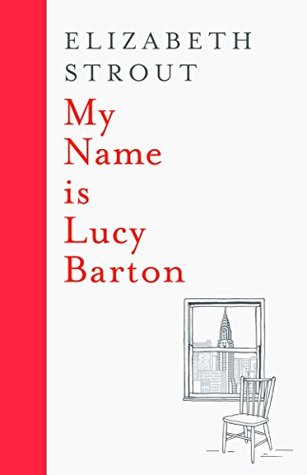 I really enjoyed this comic story which is the only book that Greene ever wrote for the fun of it. It tells the story of a middle aged man and his aunt's travels and the various places they pass through. It's not a
travelogue, so there are no tourist brochure style descriptions –
instead, it's a vague, impressionistic picture of the process of
travelling and the places passed by as seen through Henry's untutored,
and often uninterested, eye.
I loved the aunt's character because she was brass, quite coarse, a bit vulgar and rather naughty! "I was very fond of Wordsworth while he lasted, but my emotions are
not as strong as they once were. I can support his absence, though I may
regret him for a while tonight. His knackers were superb."
I really enjoyed this comic story which is the only book that Greene ever wrote for the fun of it. It tells the story of a middle aged man and his aunt's travels and the various places they pass through. It's not a
travelogue, so there are no tourist brochure style descriptions –
instead, it's a vague, impressionistic picture of the process of
travelling and the places passed by as seen through Henry's untutored,
and often uninterested, eye.
I loved the aunt's character because she was brass, quite coarse, a bit vulgar and rather naughty! "I was very fond of Wordsworth while he lasted, but my emotions are
not as strong as they once were. I can support his absence, though I may
regret him for a while tonight. His knackers were superb."
He covers a lot of serious topics with this book
- prostitution, the Nazi regime and how WWII changed the world,
the plight of third world countries and even manages to swing in some
commentary on the apartheid in South Africa along with how the pill had,
rightly or wrongly, changed women’s sexual awakening and
responsibility as well as Catholicism. However, at times this left story feeling sluggish.

















































